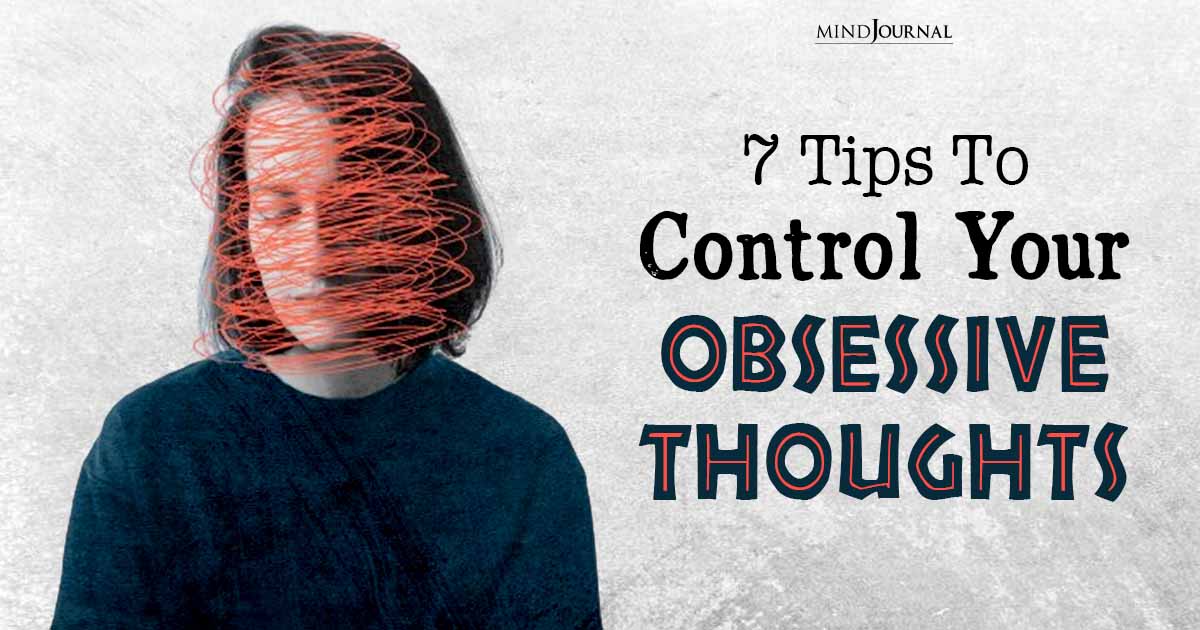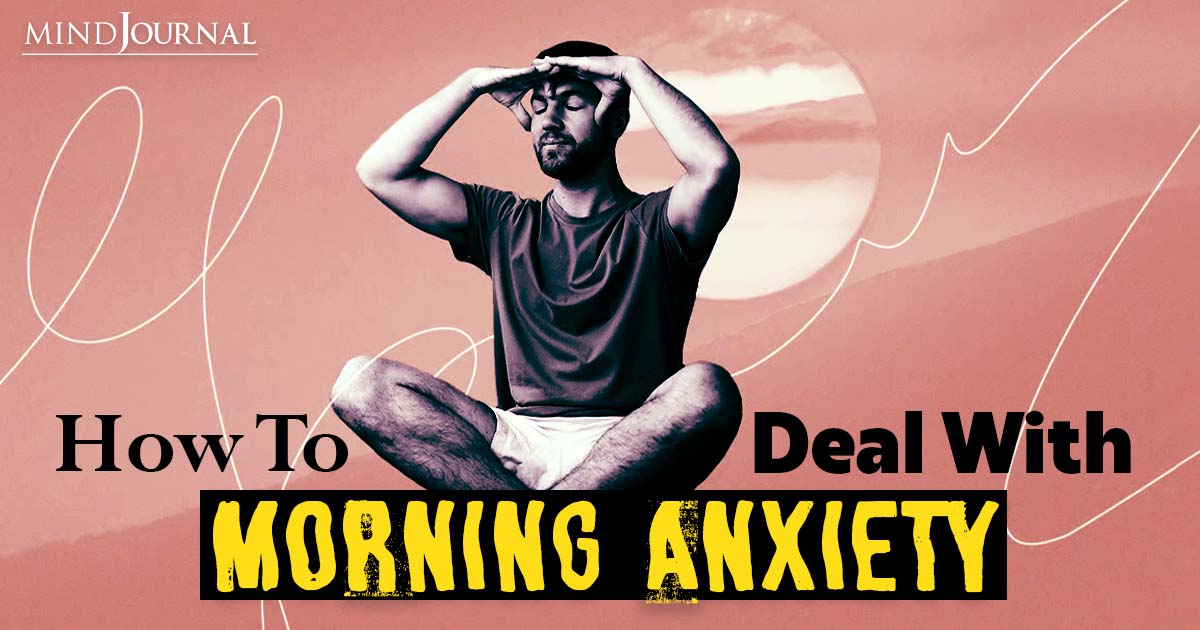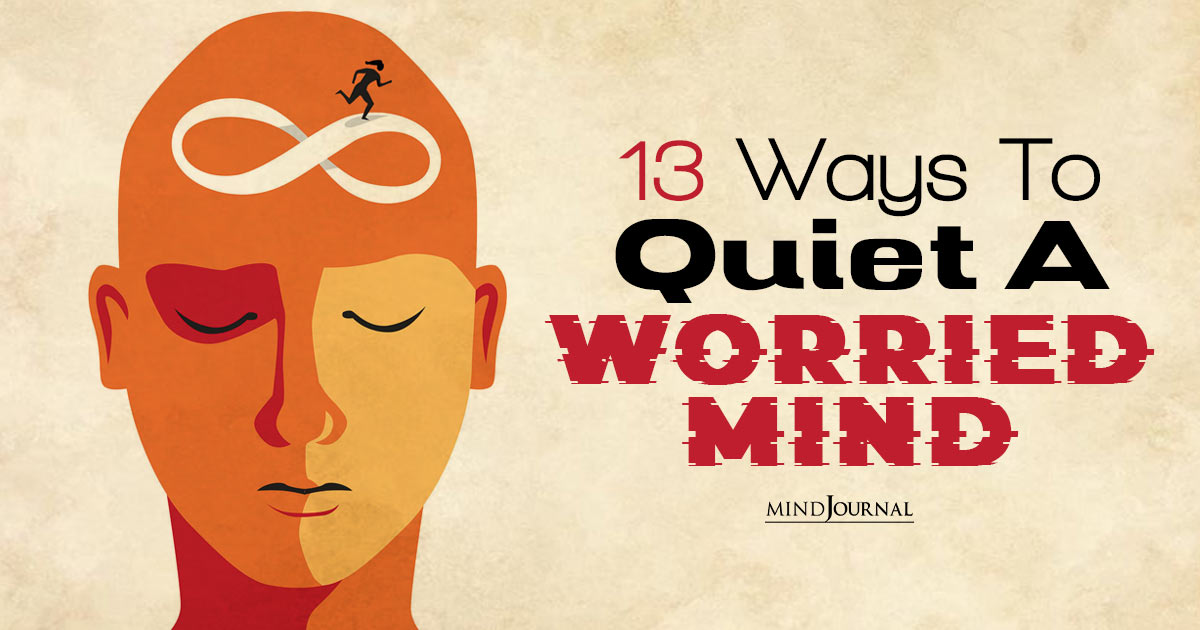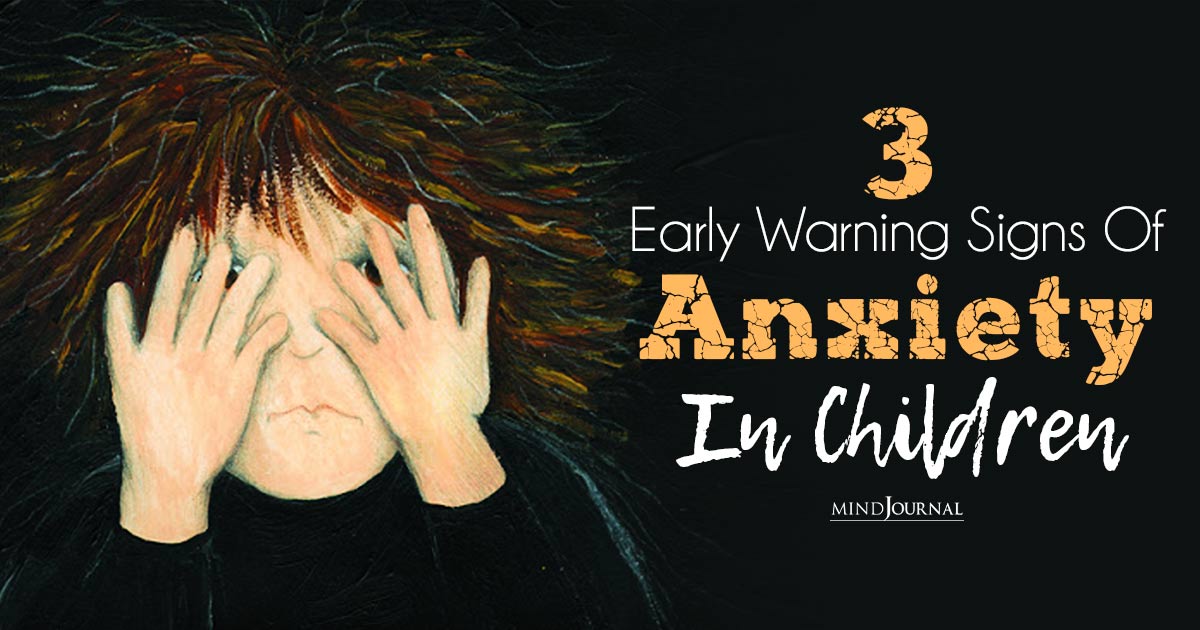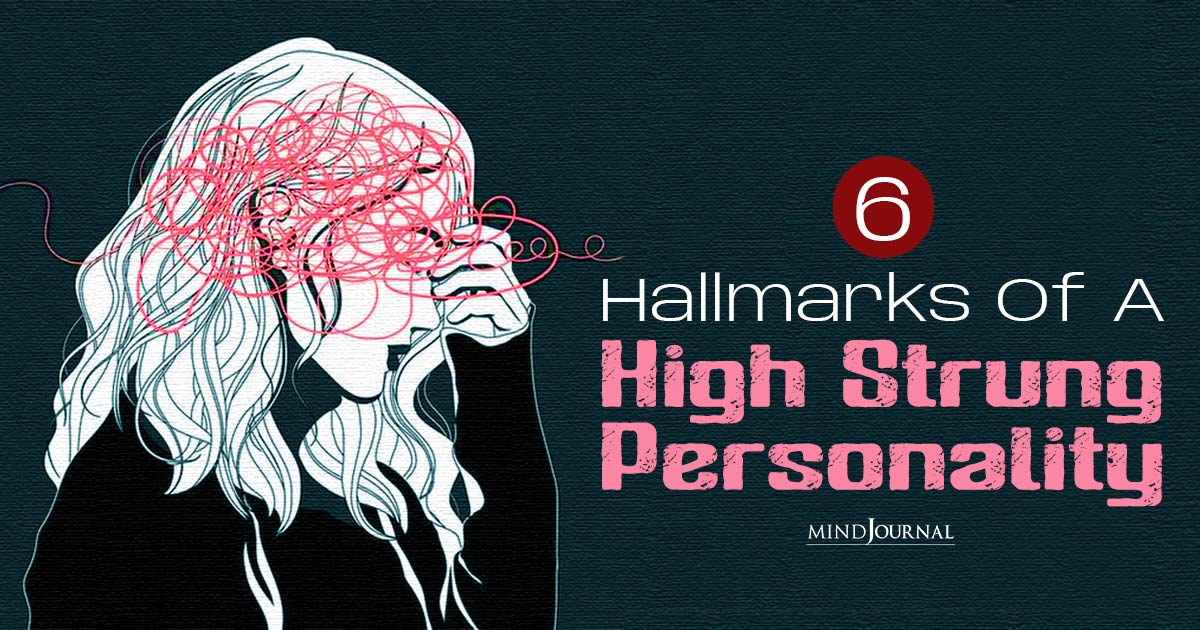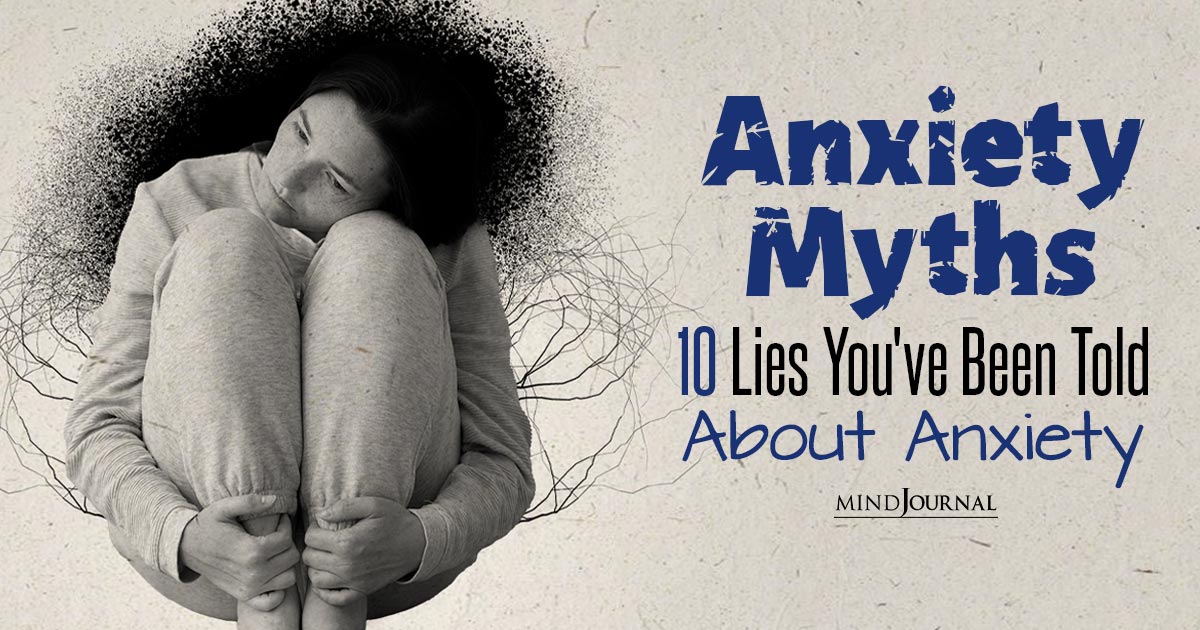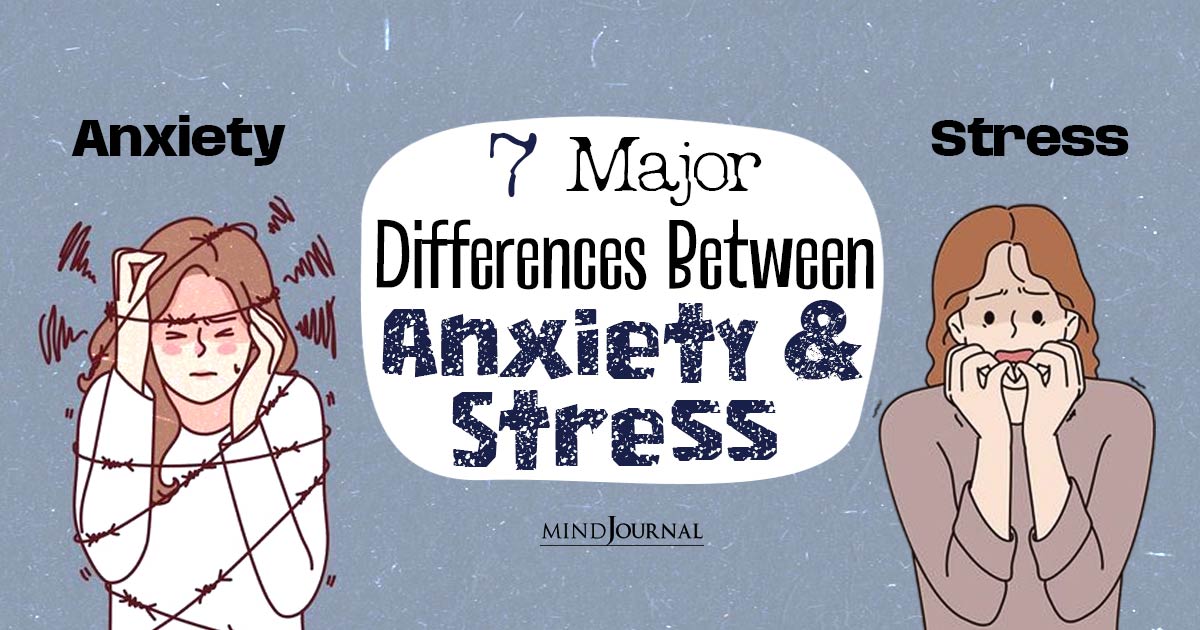Here are some of the negative stereotypes of today’s young adults, known as millennials—that is, those born between 1981 and 1996: They’re entitled, shiftless, egocentric, hypersensitive to criticism, and unable to cope with the stresses of real life. But they’re also said to be diverse, open with their emotions, deeply empathetic, and interested in making substantive, important changes in the world they’ve grown into.
The truth is, although no one can really agree about the millennial generation, one thing is fairly certain: They’re stressed out. Up to 17 percent of them are depressed, and 14 percent suffer from anxiety. Millennials seek psychotherapy more often than members of Generation X or other, earlier generations.
They may need it, too. Money is one of the most common focal points for millennials’ worries. Many of them have trouble finding jobs, are still living with their parents, or harbor serious concerns about making enough money to start their own lives in earnest. Today’s young people face greater financial difficulties than Americans from previous generations.
Almost 30 percent of millennials see themselves as less well-off than they had expected to be, 10 years ago. They’re having trouble saving money, too, because of the 2008 recession, ballooning student-loan debts, and the rising cost of living.
Related: How to Stop Feeling Anxious, Depressed and Emotionally Overwhelmed
But millennials’ money problems are only a part of the story. More importantly, these worries indicate just how concerned they are about what’s coming next—about making the right choices today in order to ensure a stable future. In truth, decision-making itself may be the number one reason why millennials are so depressed and anxious, and why they feel the need for psychotherapy.
I’ve previously written that many of my millennial clients are, for the first time, facing big choices that are likely to have lifelong consequences, and that they feel profoundly uncertain about how they should make these decisions. But there are other facets of decision-related anxiety, as well: Some young adults may find that they have too many choices and that trying to distinguish between their options is overwhelming. Others are seized by “analysis paralysis,” having difficulty seeing why one option is better than another, and feeling unable to make a choice at all.
At the age of 25, for instance, a young person is likely to confront most of life’s big decisions in the next 10-to-15 years. Metaphorically speaking, people in this position see their lives as a series of rooms, each of which is lined with doors. Whenever they make a choice, they walk through one door, only to realize that all the others have closed.
Then, as they see it, they find themselves in a smaller room, surrounded by fewer doors than in the first. These doors, too, will all close when they walk through one. In fact, every door selected leads to a room that is smaller still, until ultimately the people making choices imagine finding themselves in a long hallway, stretching out ahead to the edge of vision, with no doors (and no choices) left to make.
This model looks even direr when you consider the millennials’ realistic, money-related fears: ending up less successful than their parents or failing to support themselves at their current standard of living.
But when you really do have to make a decision that has real-life consequences, this might not be the right way to look at it. Not every decision is absolute and final. Not every door will close permanently behind you; not every one of these decision points, with its multiple options, will be lost forever.
Remember that it is common and reasonable to find a new job, remarry, or go back to school if you need to. (The average late-baby-boomer, born between 1957 and 1964, will hold 12 different jobs in his or her lifetime.) Try to think flexibly about your future wherever you can. And remember that good decision-making must be premised upon one’s genuine beliefs and values—not worries, “what-ifs,” or hypotheticals stemming from anxiety. That’s why a good understanding of your own needs is crucial to making solid decisions.
If you know yourself well (and most of us begin to understand ourselves better as we get older), it will be easier for you to know when it’s right to go back and try something else. Talking to your friends or family about what you want, or finding a good therapist with whom you can discuss these issues, can be an essential source of this kind of self-knowledge.
In addition, it’s important to remember to be kind to yourself when you’re going through a stressful time. Not everyone finds the right life partner, creates an artistic masterpiece or finds a successful company before the age of 30. If you’re hard on yourself in this way—expecting too much of yourself and feeling stuck—try to exercise more self-compassion.
Related: 7 Stress Personality Types: Is Your Personality Stressing You Out?
Don’t expect perfection. You’re allowed to make mistakes. Take careful note of the aspects of your choices that you can control, as well as those you can’t—and don’t blame yourself for not getting everything absolutely right. Rather, when you do make a decision, try to accept and gain comfort with the act of stepping purposefully into the unknown, even as you acknowledge that uncertainty is a part of living.
Instead of berating yourself about making the “right decision” every time, just try to make the decision as well as you possibly can, using all of the information and resources available—and then, afterward, live with the outcome as naturally as possible, knowing that your deciding process was a good one.
Check out Dr. Soeiro’s personal website www.lorensoeiro.net, for more such informative articles.
References:
The Transamerica Center for Health Studies. (June, 2016). Millennial Survey: Young Adults’ Healthcare Reality. Retrieved from https://www.transamericacenterforhealthstudies.org/health-care-research/2016-millennials-survey-highlights Brigham, T. (2019, July 2). I’ve been a ‘millennial therapist’ for more than 5 years—and this is their No. 1 complaint. Retrieved from https://www.cnbc.com/2019/07/02/a-millennial-therapist-brings-up-the-biggest-complaint-they-bring-up-in-therapy.html Court, E. (2016, October 19). These therapists specialize in the unique mental problems of millennials. Retrieved from https://www.marketwatch.com/story/these-days-millennial-therapists-need-some-counseling-themselves-2016-09-30 Dimock, M. (2019, January 17). Defining generations: Where Millennials end and Generation Z begins. Retrieved from https://www.pewresearch.org/fact-tank/2019/01/17/where-millennials-end-and-generation-z-begins/ Drexler, P. (2019, March 1). Millennials Are the Therapy Generation. Retrieved from https://www.wsj.com/articles/millennials-are-the-therapy-generation-11551452286 Hoffower, H. (2019, April 8). Nearly one-third of millennials are worse off than they thought they’d be 10 years ago. Retrieved from https://www.businessinsider.com/personal-finance/millennials-financially-worse-off-building-wealth-delay-2019-4 Wong, B. (2017, November 14). The 6 Things Millennials Bring Up The Most In Therapy. Retrieved from https://www.huffpost.com/entry/millennial-therapy-issues_n_5a0620f2e4b01d21c83e84d2
Written By Loren Soeiro Originally Published In Psychology Today


